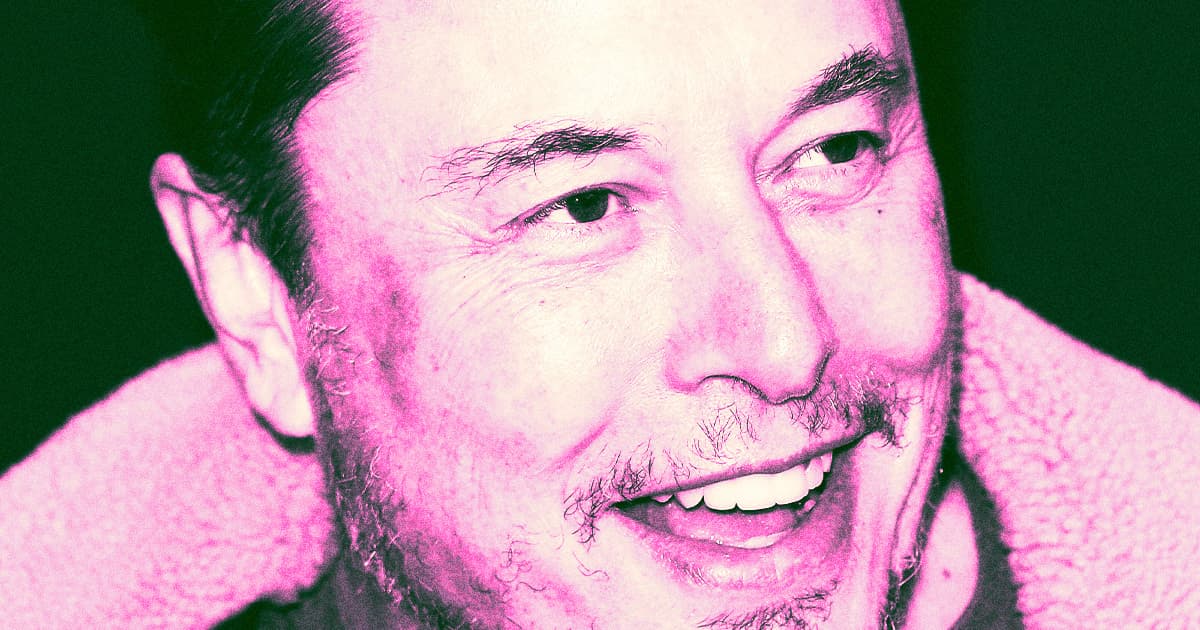Twitter's extremism problems continue.
Sanctioned Services
The social network formerly known as Twitter is once again in the midst of an extremism crisis under Elon Musk's leadership.
In a new report, the Tech Transparency Project found sanctioned entities — including leaders of Hezbollah, an Islamic fundamentalist group in Lebanon that has been designated a terrorist organization by the United States for nearly 30 years — have been given blue verification checkmarks on X-formerly-Twitter.
Not only is the granting of paid verification checkmarks to known terrorists very much against the site's own rules, but as TPP points out, it could also cause new legal issues for X and its owners.
According to X's "Purchaser Terms of Service," people who buy subscriptions to the site "may not purchase or use a Paid Service if [they] are a person with whom U.S. persons are not permitted to have dealings pursuant to economic sanctions, including, without limitation, sanctions administered by the United States Department of the Treasury's Office of Foreign Assets Control (OFAC) or any other applicable sanctions authority."
Despite being very much on the OFAC list, accounts associated with Hezbollah leaders, including one purporting to represent its longtime secretary-general Hasan Nasrallah and others seemingly associated with multiple of his deputies, were granted verification. Although the Nasrallah account and the others TPP found no longer sport the blue check that denotes a paid subscription to the free website, archived snapshots show that it had one as recently as January.
X's terrorist blue check problem also extended to other individuals associated with sanctioned groups, including Houthi rebels in Yemen, Iranian state TV and militias, and Russia's Tinkoff Bank, which lost its US credit rating in 2022 as a result of the country's invasion of Ukraine.
Duck For Cover
When TPP reached out to X about the accounts, a representative said only that they would look into the matter. Hours after the report was published, as the organization notes, the verification checkmarks for all 28 of the accounts it mentioned were removed, and one account belonging to the Iran-backed militia Harakat al-Nujaba was suspended.
Much like a damning report issued last year about mainstream advertisements appearing alongside tweets posted by domestic accounts that shared hateful rhetoric, TPP found that there were ads featured in the replies to 19 of the 28 sanction-adjacent accounts it looked into.
Back when Twitter was still owned by Jack Dorsey, people and organizations associated with sanctioned groups and countries were able to tweet because, as legal experts argued at the time, money wasn't changing hands in the process.
But by taking money from these individuals and organizations, TPP argues, X may have opened the door for its own sanctions mess. Despite those accounts' de-verification, the money was still paid — and it could expose the site to even more trouble than it was in to begin with.
More on Twitter fails: Twitter's Idiotic Response to AI Porn: Block All Searches for “Taylor Swift”
Share This Article
